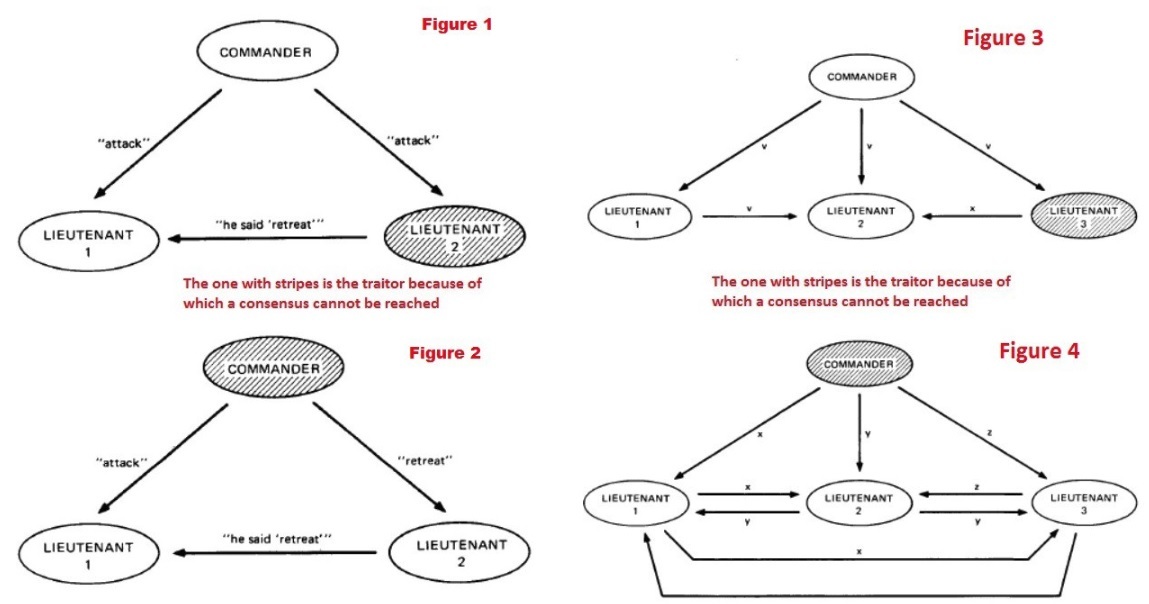Practical Byzantine Fault Tolerance (pBFT)

Blockchain technology represents a sum of many parts, and its consensus algorithm is certainly one of the most important pieces of this puzzle. Decentralized blockchains are envisioned as peer-to-peer systems that don’t have centralized authority points; consensus algorithms play a massive role in enabling this decentralized infrastructure to exist and work. Typical centralized systems rely on trust where certain entities act as network “leaders”, controlling the network and making important decisions about it. Everyone else trusts these leaders that they’ll stay honest and behave in a manner beneficial to the entire network. This can sometimes backfire as the network leaders can become corrupt and start acting in malicious ways. When this happens, the entire network is put at risk. By basing decentralized blockchain networks on a consensus (which is achieved between a network of widely distributed nodes that manage the blockchain), original programmers of cryptocurrencies lik...